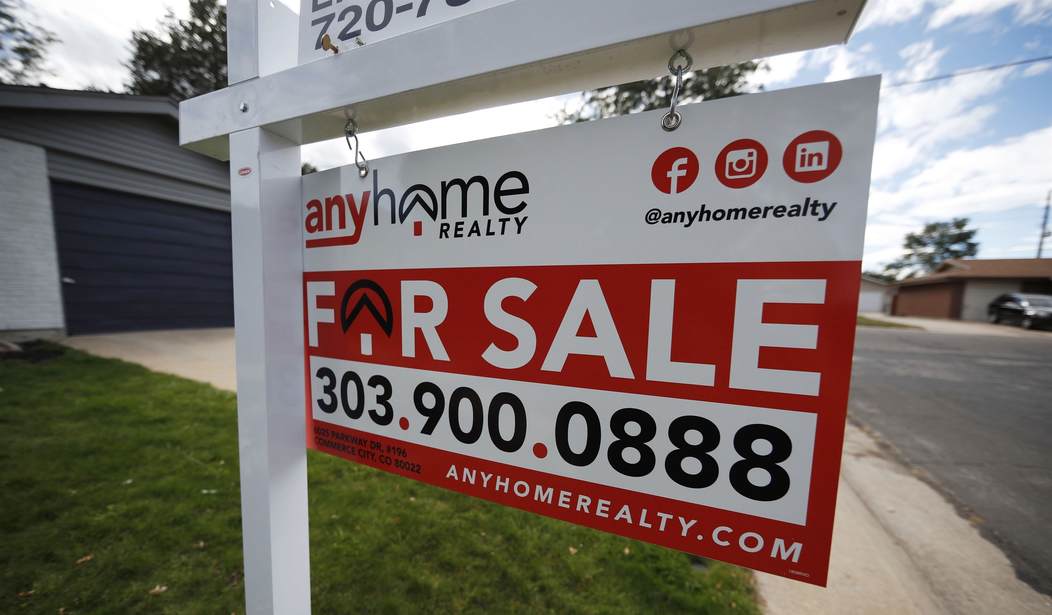Many of us of a certain age grew up hearing tales of "the American dream." A very big part of that dream was the prospect of leaving your parents, striking out on your own, and eventually purchasing your own home. Homeownership could eventually prevent you from paying rent for the rest of your life. It is also the most proven pathway toward generational wealth that can be passed down to your children if you weren't born into the lap of luxury. Unfortunately, a new poll from CNN finds that for a very large majority of American renters today, this concept is literally little more than "a dream." Most claim that they can't afford to buy a house and a majority of that group says they fear that they will never be able to do so. If this is now the "new American normal," the majority of the country is not satisfied with it.
The dream of homeownership feels out of reach for many American families.
The vast majority (86%) of current renters in the United States say they would like to buy a home — but can’t afford one, according to a CNN poll conducted by SSRS released Monday.
Among those same renters who can’t afford to buy a home right now, 54% think it’s unlikely they’ll ever be able to, the poll found. The findings underscore the damage done by the one-two punch of surging home prices and elevated mortgage rates, creating an affordability crisis.
The reasons driving this trend should be fairly obvious by this point. The cost of housing has been surging, both for home sales and rental units. At the same time, interest rates have been soaring. Last month, the median existing home price set an all-time record of $426,900. That's a nationwide average. If you're looking to purchase a house in one of the higher-cost-of-living areas such as California or downstate New York, you can expect to pay at least a million dollars, and that's not even for a particularly extravagant residence. According to a separate survey, a typical starter home now costs more than one million dollars in 237 American cities.
Mortgage rates actually dropped slightly this week after the Fed announced that some of their rates would be decreasing this year. But the average mortgage rates remain stubbornly high, hovering just short of eight percent for a 30-year fixed rate mortgage. Compare that to the median mortgage rate between 2010 and 2019, which was 4.3 percent. When rates double in that fashion, the bare minimum payment required to keep up with your mortgage rockets skyward quickly. Most renters say that they simply can't afford it and even if they could it wouldn't be worth it.
One survey respondent that CNN spoke with declared that he has simply given up on home ownership, despite always believing that was part of the American dream. The man is a digital marketing specialist from the Atlanta area who is married and the father of two children. He earns an income that traditionally would have been the envy of many middle-class Americans. But he has no plans to pay more than a quarter of a million dollars for what he describes as "a run-down home." He and his wife will continue renting.
This isn't how things always were in the United States, though the housing market and interest rates have fluctuated over the years. I had no idea how fortunate my wife and I were when we began shopping for our own home back in the mid-nineties. The housing market was stuck in a slump and prices were very low. A lack of demand had helped drive average mortgage rates down as well. We negotiated a deal with our credit union for a rate below four percent and the three-bedroom house we settled on had been listed for barely $50K. We wound up paying off our mortgage almost a decade early. One of our neighbors is a realtor and he assures me that our house would easily sell for four times as much today. Our story must sound like something out of a fantasy novel to young people shopping for a home today, and it's sad to see.







Join the conversation as a VIP Member